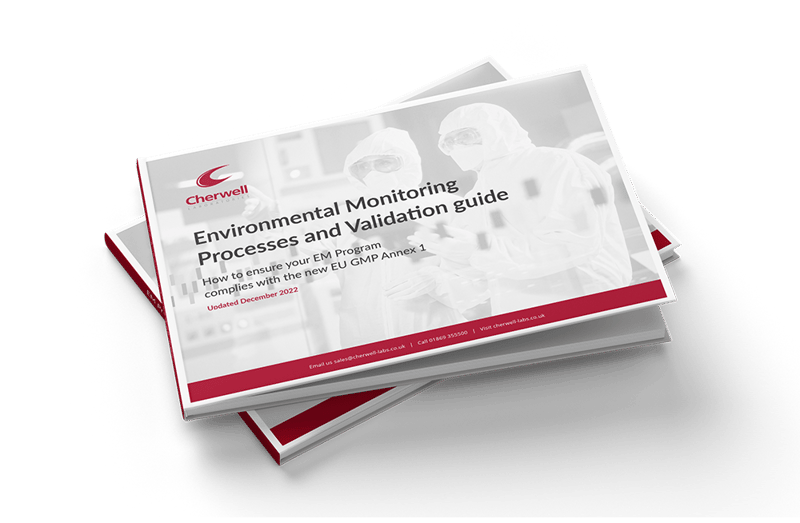Sustainability is a particular issue for environmental monitoring and the wide pharmaceutical industry, and something we're looking to address here at Cherwell. But balancing environmental considerations with the stringent demands of pharmaceutical manufacturing presents a unique set of challenges. This is why we’re proud to share the latest thought leadership piece from our Director of Quality and Technology, Steven Brimble, whose article was recently published in The Medicine Maker. The article focuses on the glass versus plastic debate, and explores the environmental and practical implications of material choices in pharmaceutical manufacturing.
Here’s an excerpt from the article:
“As in everyday life, the choice of materials we use in our processes plays a critical role in sustainability and our impact on the environment. The material composition of consumables – whether plastic or glass – impacts their carbon footprints. But which is more efficient? While glass is often seen as the more environmentally friendly option due to its recyclability, its production and recycling processes are energy-intensive. On the other hand, plastics, while lightweight and efficient to produce, are often criticised for their long-term environmental impact.”
In this insightful piece, Steven examines the key factors influencing material selection in the pharmaceutical sector. He highlights the need for a balanced approach, taking into account sustainability goals, regulatory requirements, and the practical needs of manufacturing processes.
The article covers:
- Energy consumption plays a significant role in assessing materials: while plastics are more energy-efficient to produce and recycle, glass requires significantly higher temperatures, which increases its environmental footprint.
- Both materials face challenges in recycling: glass is fully recyclable but energy-intensive, while plastics often rely on processes that may not fully address their long-term environmental impact.
- The choice of material also depends on the specific requirements of pharmaceutical products. Glass may offer superior chemical resistance and barrier properties, while plastics are valued for their light weight and flexibility.
- Regulatory considerations are vital in the pharmaceutical industry, ensuring that materials meet safety and efficacy standards while accommodating product-specific needs.
- Sustainability goals call for manufacturers to assess the lifecycle of both glass and plastic, factoring in production, transportation, and disposal or recycling.
Steven’s article urges the pharmaceutical sector to consider the complexities of material choice. He emphasises that neither material is a perfect solution, and that a holistic evaluation is essential to achieving sustainability without compromising product integrity or compliance.
As the industry continues to innovate, the debate between glass and plastic highlights the importance of thoughtful, data-driven decisions. At Cherwell, we're committed to driving these conversations and supporting sustainable practices in pharmaceutical manufacturing.
Read the full article in The Medicine Maker for a deeper dive into this important topic.






